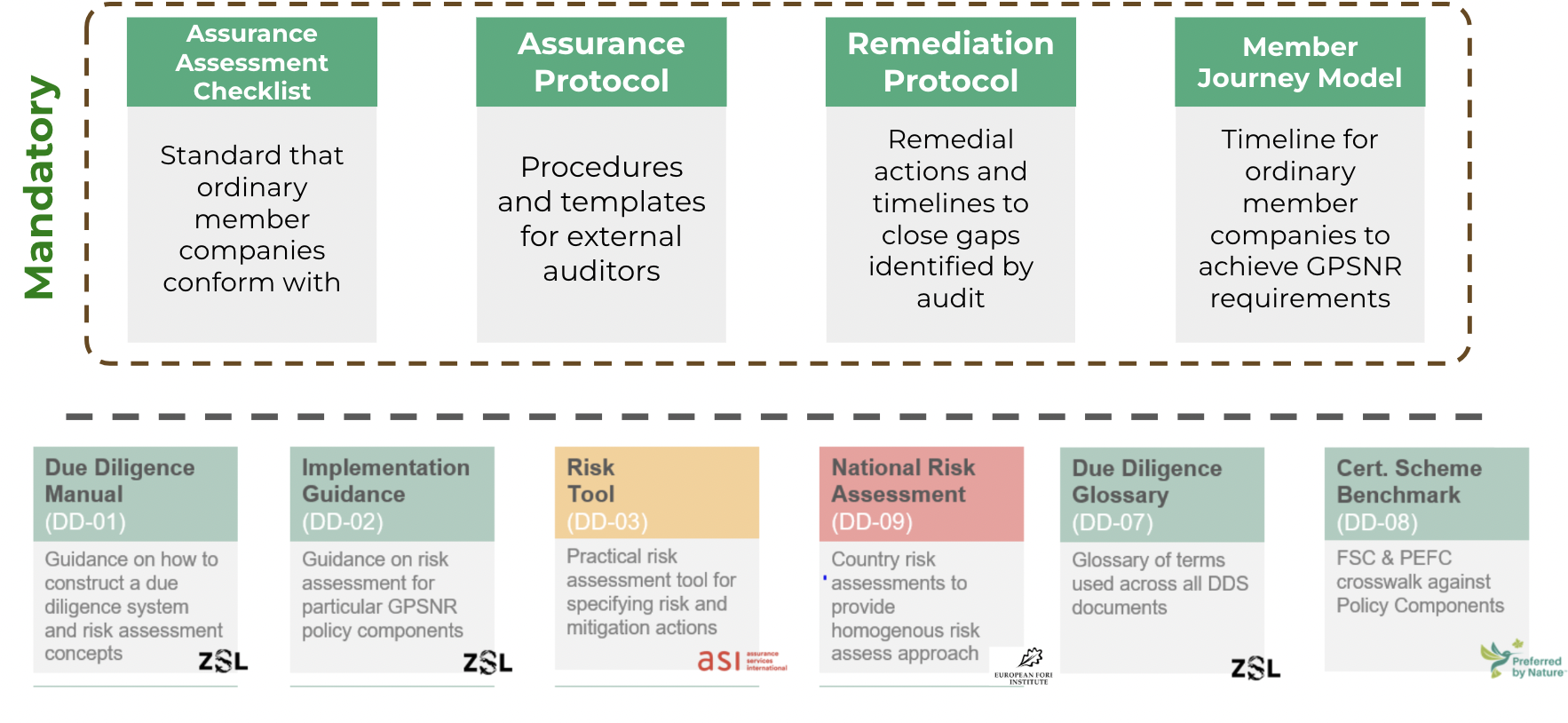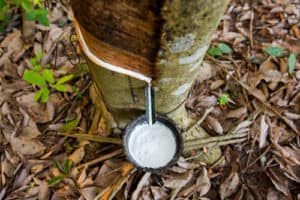Strategy and Objectives Working Group
In our December update, we reported that the Working Group would be conducting interviews with the shortlisted candidates who had responded to the Request for Proposal for a study on environmental impacts, and risks, in the natural rubber value chain. The Working Group has since completed their interviews and will soon be making a decision on who to award the contract to.
The refinement of GPSNR’s Theory of Change is also underway, with a planning call having taken place on Monday this week. The call involved nominated representatives from across all GPSNR’s Working Groups, working to chart the plan for a collaborative effort to refine the Platform’s Theory of Change.
In other news, several Thai smallholders have been onboarded into the Working Group and, after an introductory call with the Co-Chairs, are now participating in the Working Group calls.
As the Equity Sub-Group prepares to present the living income studies to GPSNR members, more details will be conveyed to members nearer the date.
‘Policy Toolbox’ Working Group
Following the approval of the GPSNR Policy Framework, the Policy Toolbox Working Group will develop Implementation Guidance and future Reporting Requirements as they pertain to the specific policy components in the framework.
In order to achieve this, a Request for Proposal (RFP) has been posted for a fixed term consultancy to facilitate the development of the Implementation Guidance and Reporting Requirements for each of the three stakeholder categories: natural rubber producers/processors and traders, tire makers and other natural rubber product manufacturers, and auto makers and other end users. GPSNR members are invited to circulate the RFP to any relevant contacts who might be interested in submitting proposals for this work. The deadline for submission is 5 February 2021.
The Implementation Guidance and Reporting Requirements will vary depending on where a member company sits within the natural rubber supply chain. As such, GPSNR will invite the creation of category focus groups to enable broader participation of members from the three stakeholder categories (although focus groups can also include members from other stakeholder categories). The details on recruitment for these focus groups will be announced sometime next month.
Apart from facilitating the development of category-specific Implementation Guidance by reviewing guidance and requirements from other initiatives, the consultant will also facilitate discussion sessions with the focus groups to finalize the implementation guidance for each stakeholder category.
‘Capacity Building’ Working Group
In 2020, the Working Group proposed national capacity building strategies for four countries as a starting point. Following the Executive Committee’s endorsement of the strategies, the Working Group is embarking on the next step of putting these plans into action on-the-ground. The Working Group is looking for interested members to form National Sub-Groups mandated to oversee, guide and implement the strategies. The Working Group will conduct a webinar in mid February to share the strategies with GPSNR members. Check out our article, ‘From Strategy to Implementation: Next Steps for Capacity Building’ for more on this story.
‘Traceability and Transparency’ Working Group
The two studies around traceability and transparency tools and technology commissioned in 2020 by the Working Group are ready to be shared with GPSNR members. Read our article, ‘Seeing Through to a Solution: Traceability and Transparency Tools and Technology Studies’ for more on this topic.
Smallholder Representation Working Group
The Working Group’s revised Terms of Reference (ToR) was approved by the Executive Committee during its monthly call in January. Under the revised ToR, the Smallholder Representation Working Group has identified two main objectives for its work moving forward: the first, to support the creation of an active smallholder community within GPSNR and the second, to extend the on-boarding of smallholders from rubber producing countries. The Working Group will be planning its activities for the year head, ensuring that they support and contribute towards achieving these new objectives.
As a start, the Working Group will be looking to onboard smallholder members into the group, as well as facilitate the organization of the next Smallholder Category Call.






